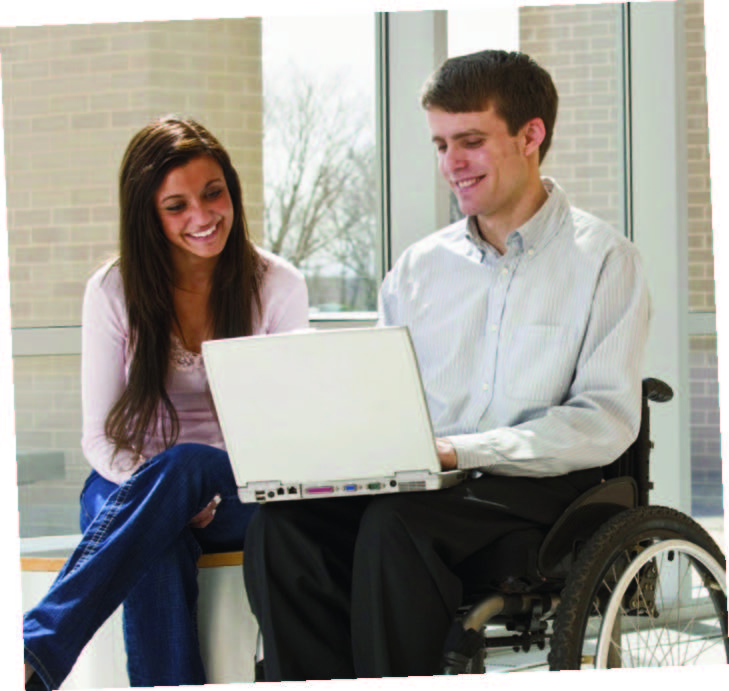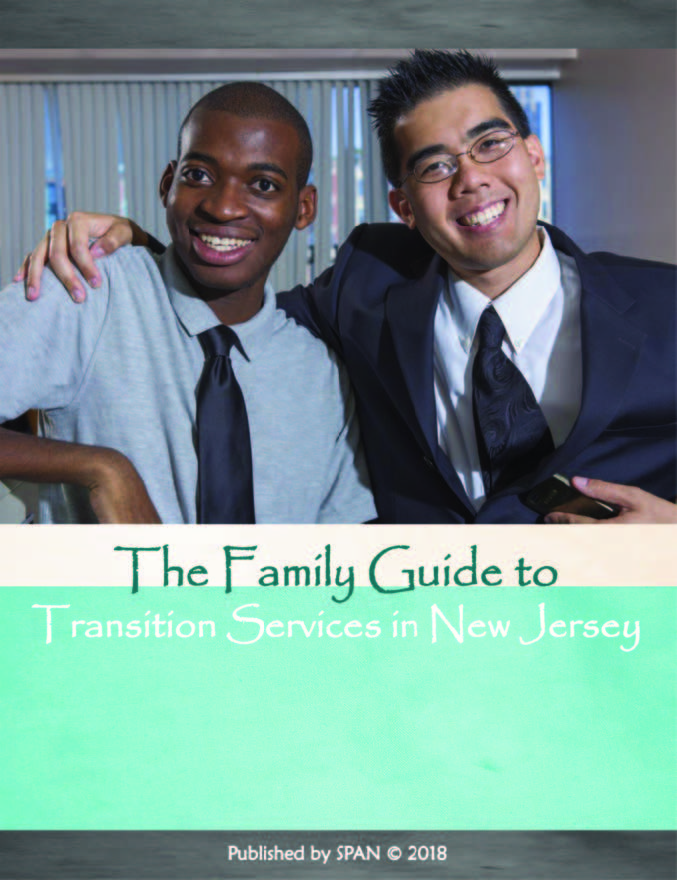
BY LAUREN AGORATUS, M.A.
Even though the disability community makes up the largest minority group in the world, it also ranks as the minority group with the highest unemployment and under-employment rates. According to the U.S. Bureau of Labor Statistics, in 2017, 18.7% of people with disabilities were employed in comparison to the 65.7% of their non-disabled counterparts. Without a job and income, people with disabilities require additional funds and services. Further, without an income, they are limited in their ability to contribute to society through taxes, buying power, or simply using their skills and knowledge through employment. Although the nature of some disabilities may be a barrier to gaining employment, the larger issues often are a lack of information about rights, services, supports, and opportunities.
Responding to this need, the Rehabilitative Services Administration (RSA) of the US Department of Education Office of Special Education and Rehabilitative Services funded seven RSA Parent Training and Information Centers (PTIs) and a national center to provide technical assistance to those RSA PTIs.
About Raise
RAISE coordinates and supports the work of the RSA PTIs. These RSA-funded PTIs "develop and disseminate information and resources that increase their capacity to serve youth and young adults with disabilities and their families." These seven RSA PTIs work with Parent Centers, individuals with disabilities and their families. RAISE has a website (raisecenter.org), facilitates periodic webinars, and disseminates a monthly newsletter available (see Resources). RAISE helps RSA PTIs and other parent centers to:
• Assist individuals with disabilities and their families to better understand and more easily access vocational rehabilitation (VR), independent living programs and services, supported employment, and other resources; • Provide follow-up support for transition and employment programs; • Assist in communicating more effectively with transition and rehabilitation personnel and other relevant professionals; • Provide support in the development of the individualized plan for employment.
The RSA PTIs support these entities in the following states: Arizona, Colorado, Connecticut, Indiana, Kentucky, Maine, Massachusetts, Missouri, New Hampshire, New Jersey, New York, Ohio, Pennsylvania, Vermont, and Washington.
REACH for Transition
The REACH Transition project is an example of an RSA funded PTI. Housed at the SPAN Parent Advocacy Network, REACH involves parent center organizations and their partners in the states of Connecticut, Maine, Massachusetts, New Hampshire, New York State, New York City, Rhode Island, Pennsylvania and Vermont. REACH serves families, self-advocates, professionals, Vocational Rehabilitation agencies, Centers for Independent Living, "and other adult system partners who are represented on the project's 22member Governing Board. REACH and its partners assist families and self-advocates to:
• access innovative, supportive information on the Rehabilitation Act; • receive support in navigating multiple programs and systems; • learn tools and strategies to actively participate in the development of useful, relevant, and meaningful plans for independence; and• become collaborative leaders with transition professionals to help youth impacted by disability achieve their goals."
REACH's innovative and responsive services are designed with and involve diverse youth/young adults with disabilities and their families. Through a regional Community of Practice, REACH enhances participating parent centers' capacity, reach, and partnerships around transition and adult service systems."
Other resources from REACH include transition tip sheets in English/Spanish, and webinar series on Becoming a Healthy Adult, healthcare across the lifespan, and youth leadership.
REACH for Transition parent centers have provided information (203,921), and web based resources (236,676), training (42,028) and support (40,108) to tens of thousands of youth/young adults, parents, and professionals. In the past 4 years, the RSA PTIs have provided information (4,394,910), training (32,696) and support (36,670) to hundreds of thousands of families, youth/young adults, and the professionals who serve them.
RSA-funded PTIs and RAISE Transition TA Center engage all the key stakeholders, including families and self-advocates, with a goal of achieving the best outcomes in transition in all areas of adult life. Parents and youth/ young adults can also reach out to their Parent Training and Information Center and/or Center for Independent Living for free assistance with transition issues.•
ABOUT THE AUTHOR: Lauren Agoratus, M.A. is the parent of a child with multiple disabilities who serves as the Coordinator for Family Voices-NJ and as the central/southern coordinator in her state's Family-to-Family Health Information Center, both housed at SPAN, found at spanadvocacy.org

A WAY FORWARD: Transition can be a complicated time. The Family Guide to Transition Services in New Jersey can answer your questions and can make transition a successful period for families and young adults with disabilities. spanadvocacy.org/NJFamilyTransitionGuide